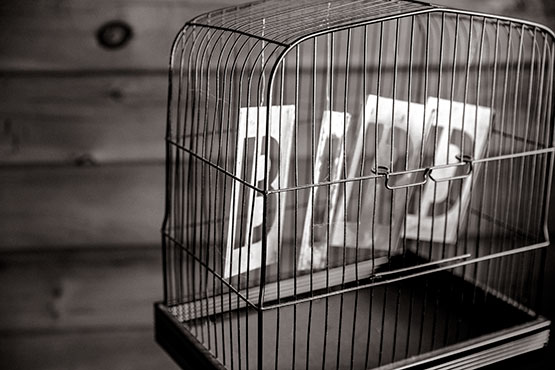In my last post, I rang the bell about the gap between human development and the advancements of technology. The disharmony is evident to many. Within the large and mid-market organizations, there is another disturbing trend afoot. We are witnessing the dehumanization of the employee.
Dehumanizing the employee occurs as many employers are looking to advance efficiency and innovation. It’s a false belief that those twins can move human development the way technology does with automation or research.
One area worth looking at is the process many organizations use to hire talent. Keep in mind that the talent is made up of flesh and blood. I realize this can also be a source of real frustration for those in talent recruitment. Technology has convinced many senior leaders that vast problems are solved in the hands of inventive software.
The idea of using screening software has a place. However, it’s proven, the folly of hiring based on keywords. The old saying, “we hired your resume, but what we got was you” is on mark here. More critical thinking in this spot is what we need. Seems like that would remedy the incongruent state of the talent recruitment processes.
So the dehumanizing continues. What do we do now that the horses are out of the gate?
- Put on your big boy pants or big girl skirt, and be a leader with integrity and vigor
- Change the culture. This is not for the faint of heart, but if you do the first bullet it will increase the odds in your favor
- Stop listening to the marketing
- Trust only those who’ve been hurt deeply. They will be honest and real
- Close it down, quit, move on, if that’s what it takes. Better to live to fight another, than die while still breathing



